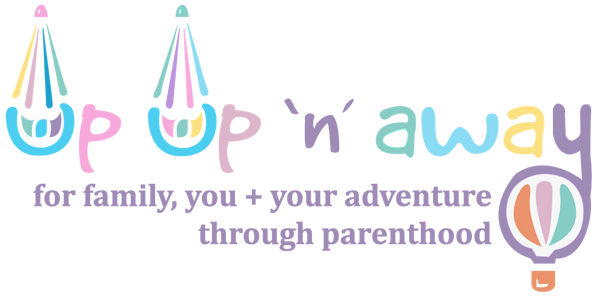Having a baby is one of the biggest life-changing experiences you'll ever have. Some women describe feeling joy, achievement, relief and strength after giving birth. For others, however, the experiences of giving birth and caring for a new baby are vastly different from what they were expecting.
Learning to be a mother can take time
Women may believe they will immediately recognise, love and know how to look after their baby. However, new mothers don't always feel close to their baby right away. It's quite normal to take a while to feel comfortable and confident in your new role. The vast majority of new mothers experience at least some symptoms of the baby blues, including moodiness, sadness, difficulty sleeping, irritability, appetite changes, concentration problems. Probably caused by hormonal changes that follow birth, symptoms of the baby blues typically show up within a few days of giving birth and last from several days to a couple of weeks.
While you want to give absolutely everything you have to your child, trying to be ‘super mum’ can lead to being burnt out and resenting your role as mother. Being a great mum isn’t always about doing everything perfectly the first time, but rather something that comes naturally with every new experience. Try to make time to spend by yourself, or with your friends, and do things for yourself occasionally. It is important to remember that spending time on yourself, or away from your baby does not make you a bad mother, and being relaxed and happy can only be positive for you and your baby. View our blog on coping methods for new parents.
What about Dads/partners?
Unlike mothers, fathers/partners do not go through all the physical changes of pregnancy and giving birth, so they may not begin to adjust to parenthood until the baby is born. Fathers/partners are also under a lot of pressure during pregnancy and particularly in the first year after the baby is born. Becoming a father is an important milestone in a man's life and often marks a change in his relationship with his partner and other members of their family. Some men believe that a baby will enhance their relationship, however most find that with a new baby comes extra stress. In the same way that the reality of motherhood may be different from the expectation, the reality of fatherhood can be different too. Dads need to look after themselves and seek help if they experience symptoms of depression or anxiety.
Knowing when help is needed
Pregnancy and adjusting to a new baby is rewarding, but caring for a baby, particularly during the first year of life is a constant and demanding job. It can involve sleepless nights, constant crying and times of not knowing what to do. It can be upsetting if your baby is unsettled or you're having feeding problems. It can also be hard to manage if you don't have emotional and financial support from your partner or other family members and friends. It is just as important to care for yourself. Sometimes, it's hard to tell whether your feelings are ‘normal’ under these new circumstances.
Many women may experience symptoms of depression and/or anxiety in the postnatal period. Bipolar disorder and puerperal psychosis can also emerge at this time. It's very important to look after yourself and recognise if you are finding it difficult to manage from day to day. If you have been feeling sad, down, worried or anxious for a while and this is starting to affect your life, it's time to seek help. The important thing is to look after yourself and your partner, be able to recognise the signs differentiating more serious mental issues from the baby blues, and seek help early.
- The baby blues
- Emotional health during pregnancy and early parenthood
- Depression during pregnancy and early parenthood
- Postpartum depression
- Postnatal depression
- Anxiety during pregnancy and early parenthood
- Bipolar disorder during pregnancy and early parenthood
Treatment and Support
Mental health issues such as depression and anxiety can interfere with your enjoyment of the pregnancy and early parenthood, and put a strain on your relationships. If it continues after the baby is born, it could also affect your baby's development.
The good news is that there is a range of treatments, health professionals and services available to help with depression and anxiety. There are also many things that you can do if you are suffering to help yourself.
If feelings of worry, panic, fear or blame are affecting your day-to-day life, talk about your feelings with someone you trust. You can also talk to your GP, midwife or obstetrician and discuss possible options for seeking further help. Discussing your experiences with a health professional can help you to define if the symptoms are within the 'normal' range, or whether they could indicate you are experiencing depression and/or anxiety.
If you think your partner or baby would be better off without you, or you are having thoughts of suicide or harming yourself or your baby, seek professional help immediately.
Find out more
beyondblue.org.au

